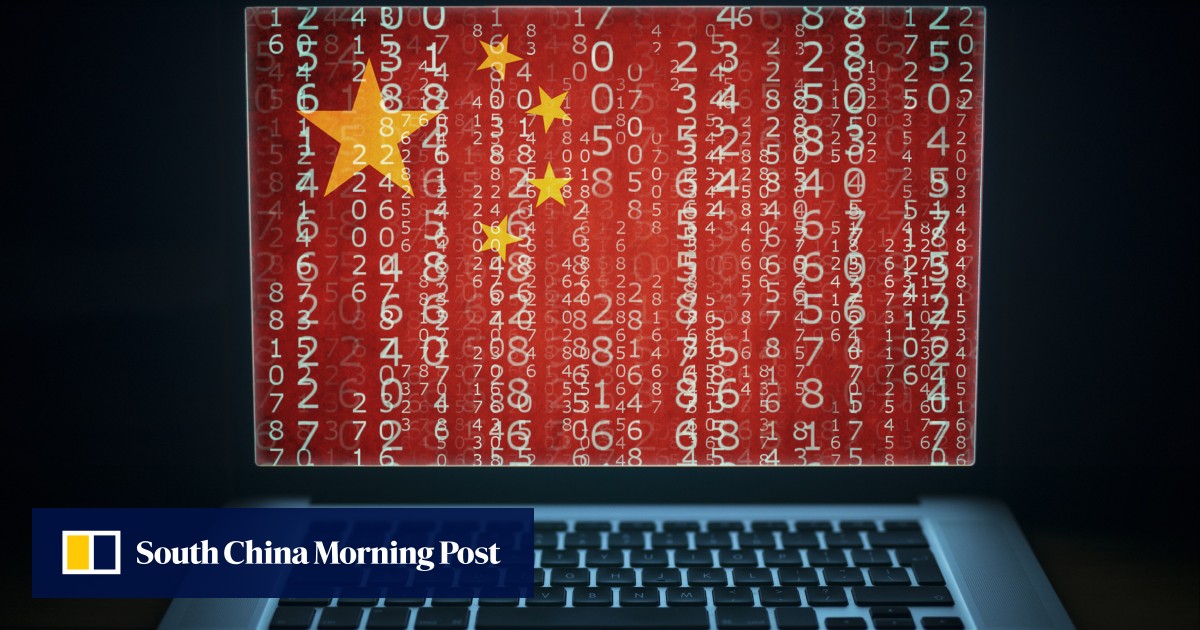Mounting US trade sanctions and domestic software that is lagging behind American-made technology pose the biggest threats to China’s cybersecurity, according to the chairman of one of the country’s leading cybersecurity companies.
China’s lawmakers walk fine line between AI development and tighter regulation
China’s lawmakers walk fine line between AI development and tighter regulation
Qi is also a member of the Chinese People’s Political Consultative Conference, the country’s top political advisory body.
According to the report, Qi said cyberattacks were becoming increasingly covert and unpredictable, requiring technologies to improve to better detect threats. “Only by innovating at a faster pace can we outpace cybercriminals,” he said.
Most leading hardware and software technology were still being produced by Western countries, Qi said, which gave them a natural advantage in collecting intelligence about vulnerabilities to cyberattacks.
QAX gained international recognition when it served as the official cybersecurity services and antivirus software sponsor for the Beijing 2022 Winter Olympics.
Qi also said Sora, a generative AI model launched by US firm OpenAI in February, was even more powerful than ChatGPT, a chatbot that was launched in November 2022.
Qi said Sora had already been used to carry out cyberattacks, adding that “only by leveraging AI capabilities to accelerate the innovation in cybersecurity technology and protection systems, we can outpace AI technology itself”, according to the report.
Qi’s remarks came as China is seeking to leverage AI to drive economic growth while maintaining strict regulatory control over cybersecurity.
When it comes to cyber threats, India – not the US – is China’s biggest concern
When it comes to cyber threats, India – not the US – is China’s biggest concern
But despite efforts to promote domestic advances in science and technology to transform the Chinese economy, Beijing is facing growing pressure under US technology curbs amid an intensifying US-China rivalry in which AI has become one of the main battle fronts.
This has prompted leading Chinese tech firms, such as Huawei and ZTE, to ramp up investment in research and development of their own AI chips.
